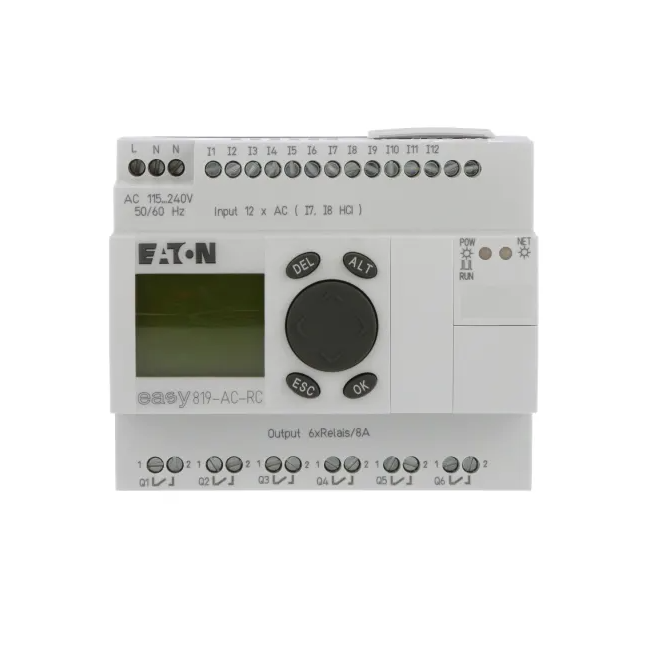automation mitsubishi
Mitsubishi Automation represents a comprehensive suite of industrial automation solutions that combines advanced technology with reliability and precision. The system encompasses programmable logic controllers (PLCs), human-machine interfaces (HMIs), servo systems, and integrated network solutions that work seamlessly together to optimize manufacturing processes. At its core, Mitsubishi Automation utilizes the innovative MELSEC series controllers, which provide high-speed processing capabilities and exceptional reliability for various industrial applications. The system features advanced motion control capabilities, supporting both simple positioning tasks and complex multi-axis synchronization. With its e-F@ctory concept, Mitsubishi Automation enables smart manufacturing by integrating information technology with operational technology, facilitating real-time data collection and analysis for improved decision-making. The platform supports various communication protocols, including CC-Link IE TSN, enabling seamless connectivity across different devices and systems. Additionally, the automation system includes robust safety features, comprehensive diagnostic tools, and user-friendly programming interfaces that simplify system configuration and maintenance.
